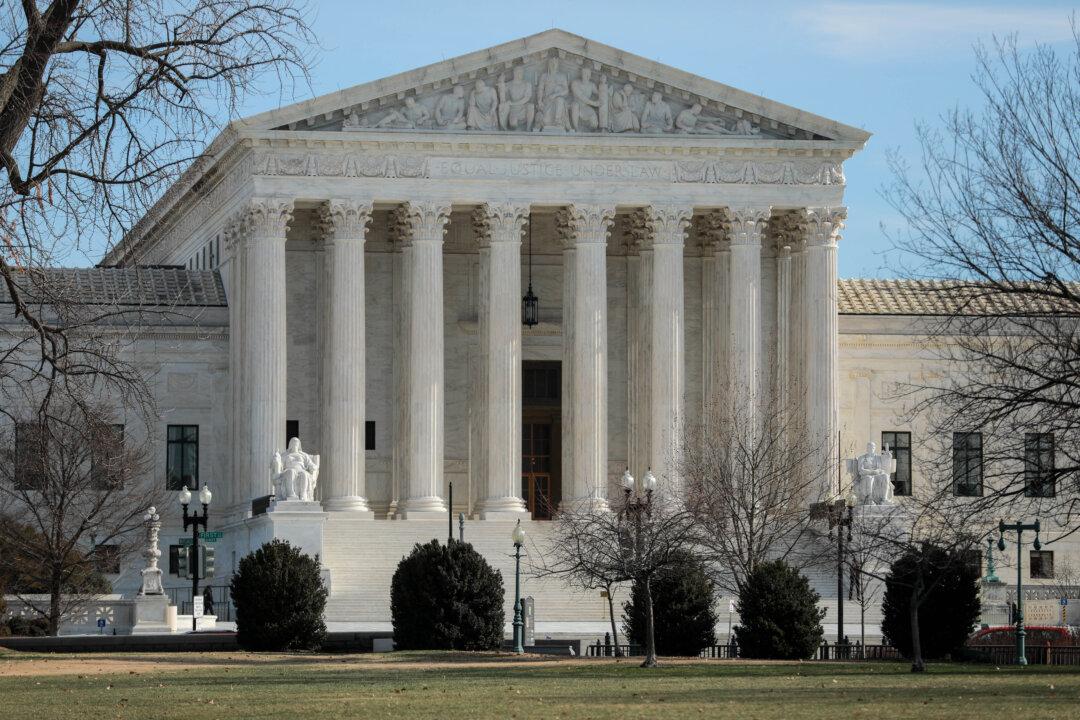The Supreme Court granted the Trump administration’s request to review a lower court ruling that would force it to make public sensitive documents from its internal deliberations about changing the regulations for power plants’ cooling water intake systems.
It was a rare victory of sorts for the Trump administration, which has suffered a string of defeats in the courts on environmental matters, largely pertaining to its efforts to promote the development of made-in-America energy projects.





